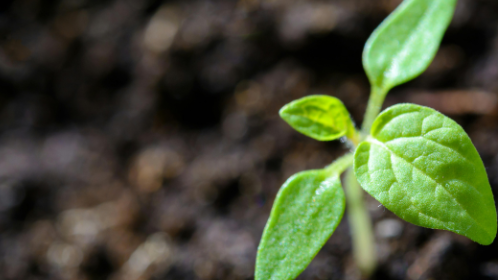Farming study aims to avoid genetic modification

The study will focus on a type of bacteria found in plant cells
- Published
A new research programme will look into the ability to "temporarily programme plants" to support sustainable farming.
Durham University has announced it will study a type of bacteria found in plant cells called Gluconacetobacter diazotrophicus.
This would be used to introduce traits to certain crops to tackle common challenges such as heat, drought and disease, and reduce the need for chemical pesticides.
"The technique could allow farmers to enhance plant performance, resilience and nutritional value without permanent genetic modification," a university spokesman said.
They added the project aimed to tackle "some of agriculture's most pressing challenges", including climate change, rising demand for food and the overuse of chemicals.
It will take place across Durham and York and involve plant trials and the development of genetic and cell-biology tools.
The project is part of the UK's Advanced Research and Invention Agency's Programmable Plants initiative and is in collaboration with Azotic Technologies.
Follow BBC North East on X, external, Facebook, external, Nextdoor and Instagram, external.
Get in touch
Do you have a story suggestion for BBC Wear?
Related topics
- Published10 December 2024

- Published21 February 2022
